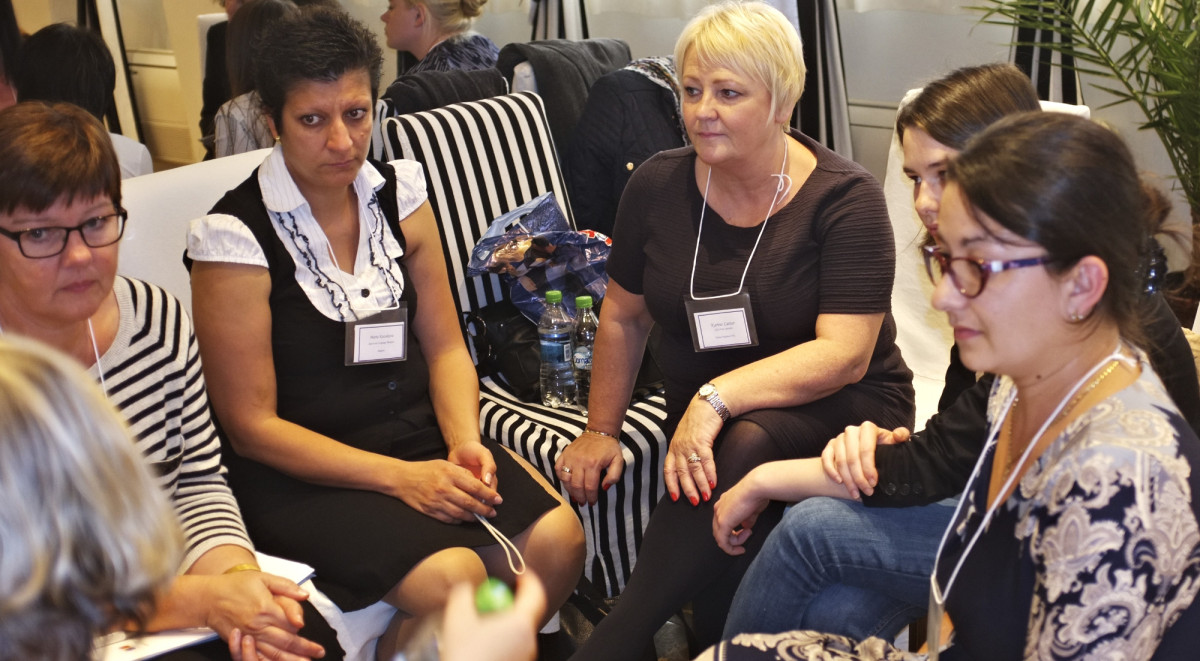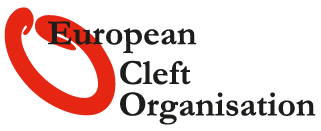
- Quality and range of presentations and handouts
- Opportunity to see how others work in very different environments
- Opportunity to share and realise common problems might have common solutions thorough research and collaboration
- A better understanding of the role of cleft nurse
